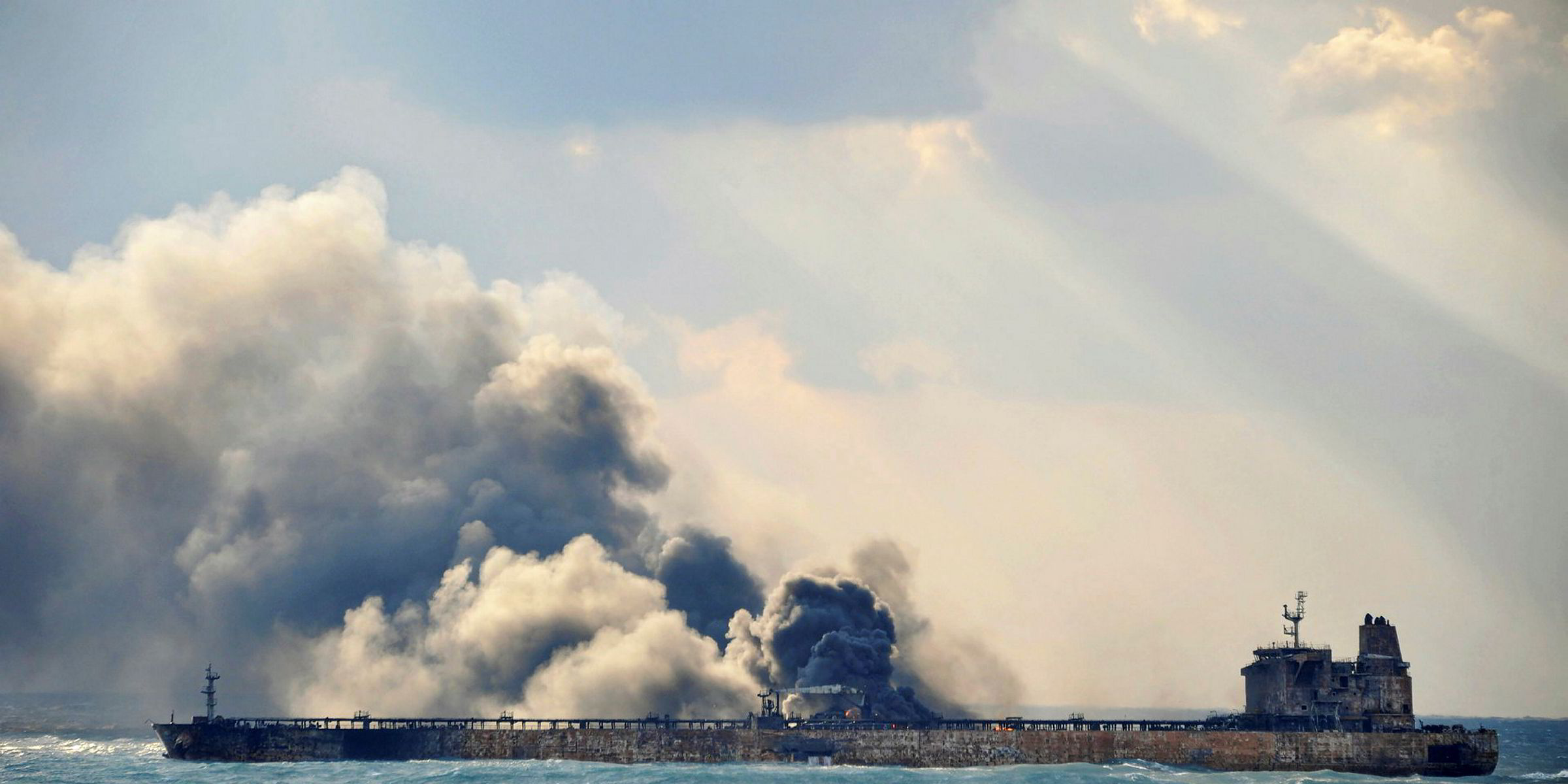International Tanker Owner’s Pollution Federation (Itopf) managing director Dr Karen Purnell has calmed fears of long standing environmental damage resulting from the Sanchi cargo spill.
She says the composition of the cargo is unlikely to mean it will mostly burn or evaporate and there is unlikely to be any toxicity to threaten marine life.
“Gas condensates are composed of low-density hydrocarbon compounds and, as such, are non-persistent - meaning they will dissipate rapidly,” Purnell said.
“In this case, the fire will rapidly consume the majority of the condensate. However, any condensate that has not burnt will quickly spread and evaporate, although a small percentage will disperse into the top few metres of the sea depending on the weather conditions, especially given the distance of the incident from the shoreline.”
“Whilst there are toxic components in condensate, including a very small proportion of Polycyclic Aromatic Hydrocarbons (PAHs), the consequences to the marine environment of the release is likely to be limited.”
“This is because the toxicity will be rapidly reduced by dilution and the effect on marine organisms depends on the chances of them encountering the very low concentrations of toxic components in a vast area of sea. Due to the distance from the shore and the non-persistent nature of the condensate it is unlikely to affect the shoreline or to require any clean-up,” she explained.
However, there is increasing concern over the possibility of a bunker spill of the vessel's heavy fuel oil which could bring about major pollution after an recent onboard explosion which raised the possibility of the wreck sinking.



